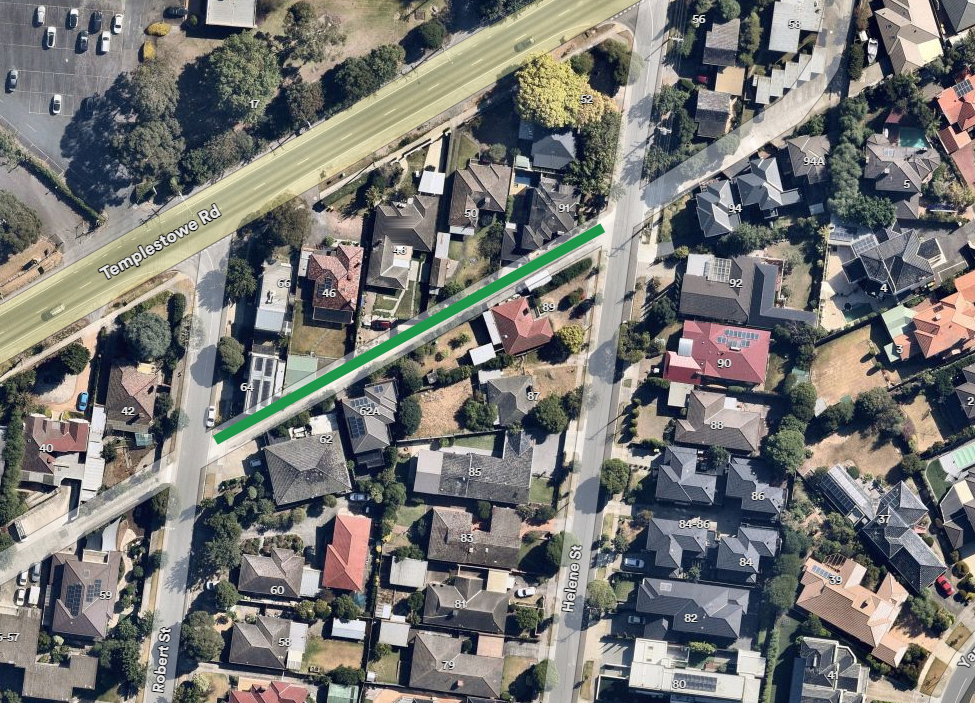Key points:
- Pre-2030 integration costs now included
- Variable renewables still found to have the lowest cost range of any new-build technology
- Inflation impacts easing
- Large scale solar falls
- Pressure remains on gas, onshore wind and nuclear SMR
The six-week public consultation period for input into the draft 2023-24 GenCost Report, a leading economic report on the cost of building future electricity generation in Australia, opened today.
The draft report shows that across the board, new build costs have generally stabilised since the 20 per cent increase reported in GenCost last year, albeit with some outliers. Updated data on new-build projects found that the cost of onshore wind generation rose by 8 per cent, while large-scale solar photovoltaic (PV) fell by the same proportion. The cost of gas turbine technologies increased by 14 per cent.
Nuclear small modular reactors (SMRs) emerged as the highest-cost technology explored in the report. This corresponds with new data from the most advanced SMR project in the US.
Initial analysis indicates the inconsistent impact of weakening global inflation is due to the unique material inputs and supply chains of each new build technology.
GenCost is an annual collaboration between Australia’s national science agency, CSIRO, and the Australian Energy Market Operator (AEMO) to update the costs of new-build electricity generation, storage and hydrogen production with a strong emphasis on stakeholder engagement.
Pre-2030 costs now included
In response to feedback on the previous report, the 2023-24 draft report incorporates pre-2030 integration costs, such as storage and transmission for variable renewables in the levelised cost of electricity (LCOE) data. This addresses the concern that leaving out pre-2030 projects under-estimates the cost of the renewable transition.
While this change leads to higher cost estimates, variable renewables were still found to have the lowest cost range of any new-build technology.
CSIRO’s Director of Energy, Dr Dietmar Tourbier, said GenCost is one of several economic analysis documents that help the Australian energy market plan for future electricity generation.
“The evolving landscape of cost-drivers is complex, and shaped by new and changing technologies, rising consumption and our transition to net-zero emissions,” Dr Tourbier said.
“GenCost uses the best available data in each cycle to provide important insights into our electricity market that are unbiased and up-to-date.
“As we work to reduce our emissions, GenCost plays a pivotal role in guiding decision-makers to plan and build reliable, low-cost energy solutions that will help power the future of Australia.”
CSIRO Chief Energy Economist and GenCost lead author, Paul Graham said GenCost would not be possible without the input of stakeholders and looked forward to receiving feedback through the consultation process.
“Technology costs are a crucial piece of the larger puzzle, providing vital input to our electricity sector analysis. This underscores why consultation is key to ensuring the relevance of our data and projections,” Mr Graham said.
“We value the deep collective expertise of the energy community to enhance the quality of our work.
“It’s important to recognise that no single individual or organisation can comprehensively track the detailed evolution of all energy technologies.”
The consultation draft of GenCost also indicates that:
- Battery costs were steady, rising only 2 per cent.
- Offshore wind decreased by 9 per cent.
- Costs for technologies such as pumped hydro, wave and tidal energy increased after not been updated in more than a year, reflecting a combination of new information and inflationary pressures.
AEMO Executive General Manager System Design, Merryn York, said: “We welcome the continued consultation with industry and other stakeholders to update electricity generation and storage cost trajectories.”
“Updated cost assessments are an important input for planning the transition of the National Electricity Market to efficiently deliver secure, reliable and affordable electricity for consumers,” she said.
Next steps: The draft report is open for consultation until 9 February 2024. Feedback should be sent to AEMO. The final GenCost 2023-24 report will be released in the second quarter of 2024.
Download GenCost 2023-24: Consultation draft.







